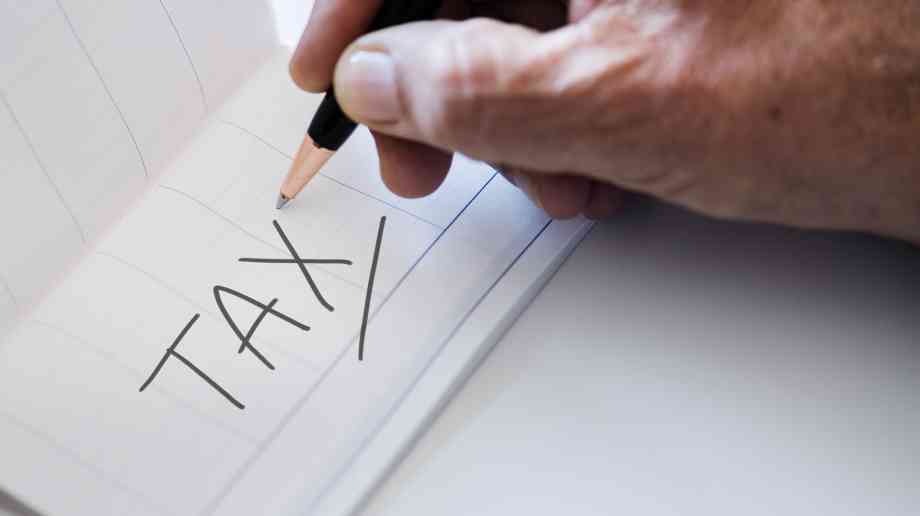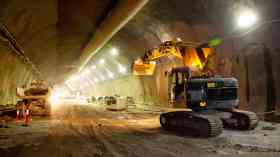Sue Robb of 4Children talks to Julie Laughton and Alison Britton from the Department for Education about the role of childminders in delivering the 30 hours free entitlement.
Council tax is hitting poorer residents harder

Analysis of the impact of tax and benefits on income inequality by the Institute for Fiscal Studies has found that council tax is hitting the poorest residents far harder than it does the wealthiest.
Funded by the Economic and Social Research Council, the research finds that though benefits do much of the work in reducing income inequality, taxes also redistribute from rich to poor, and are responsible for at least a fifth of the total redistribution the tax and benefit system achieves.
It revealed that the poorest 10 per cent of the population pay eight per cent of their income in council tax, which is a much higher percentage than the next 50 per cent pay (five per cent) and is more than double what the richest 40 per cent pay (two per cent).
Pascale Bourquin, a research economist at IFS, said: “The tax and benefit system significantly reduces the gap between rich and poor, with benefits playing a particularly big role. However, contrary to the ONS’s claim, taxes do also reduce inequality. Within that, council tax is clearly regressive, income tax and NICs are significantly progressive, and we should probably think of indirect taxes as being broadly distributionally neutral. But the bigger picture is that what matters for income inequality is the progressivity of the tax and benefit system as a whole, and not a specific part of it. The government should achieve its desired amount of redistribution using those parts of the tax and benefit system best suited to that particular job.”
Company Focus
The Isuzu D-Max is a rugged workhorse that can fulfil a myriad of purposes as both a business and personal vehicle. Consequently, the D-Max is a particularly popular choice when it comes to farming, construction, and trade industries. Uncompromising in nature, the D-Max strives to be the ideal companion for many business needs.
Event Diary
UKREiiF has quickly become a must-attend in the industry calendar for Government departments and local authorities.
The multi-award-winning UK Construction Week (UKCW), is the UK’s biggest trade event for the built environment that connects the whole supply chain to be the catalyst for growth and positive change in the industry.
Supplier Profiles
Geo Energy
At GeoEnergy Design, we're on a mission to disrupt the traditional way heating and cooling ha
Latest Features
Professor Harith Alani, director of the Knowledge Management Institute at the Open University explains how AI can be used for good and bad.
Alex Lawrence, head of health & social care, techUK sets out techUK’s Five Point Plan for CareTech.

















